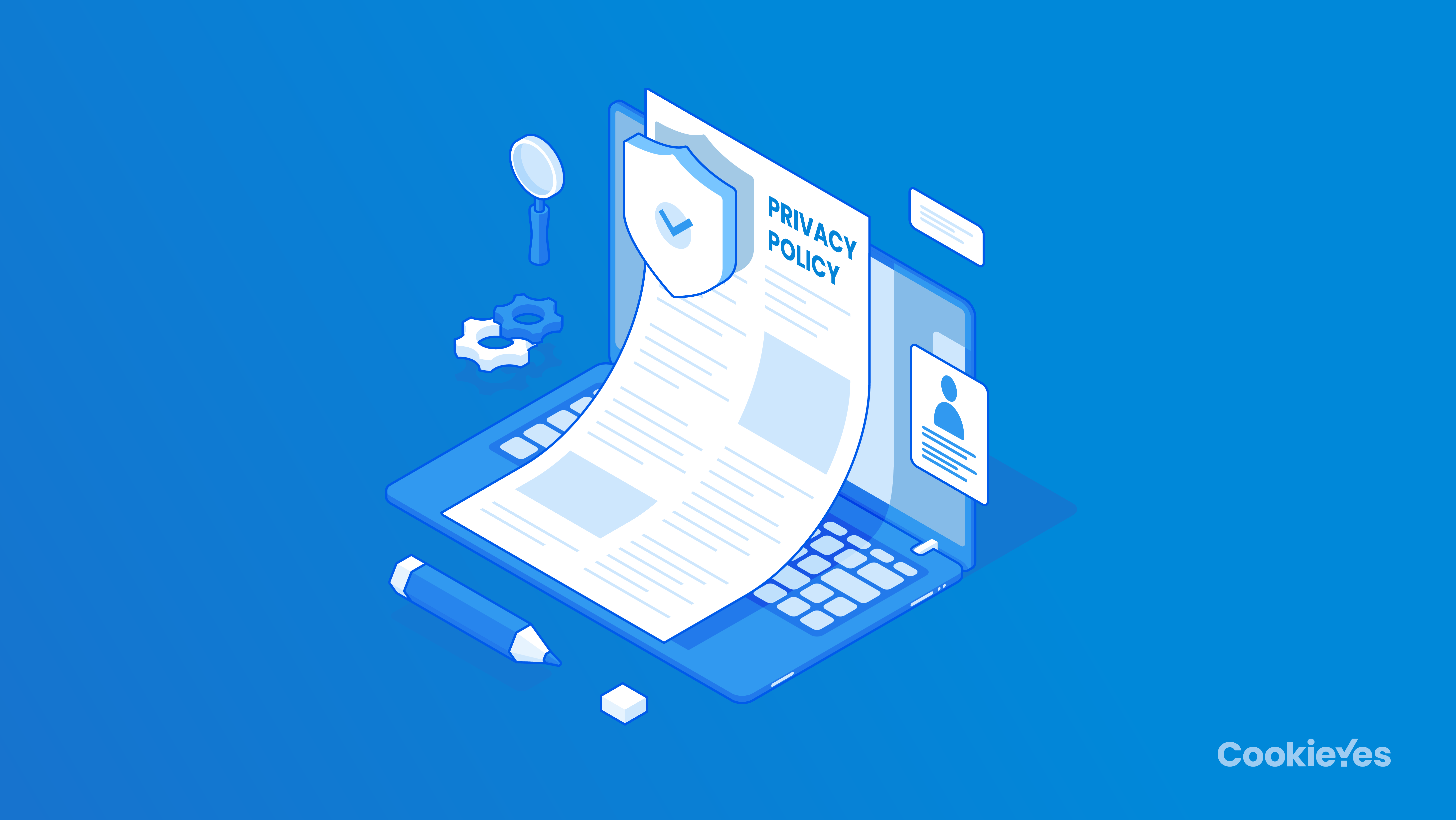Sleeping More During The Weekends Could Help You Live Longer, Study Says
Working Monday to Friday from 9 AM to 5 PM, dealing with a household full of kids that need to be driven to soccer practice and piano lessons, there is not much time for rest. So what do you look forward to? The weekend of course, because it’s the one time where you can get more sleep. We know that sufficient sleep is essential for living a long and healthy life, but now a recent study suggests that sleeping more on weekends can help you live longer.
sleep

Torbojorn Akerstedt, a professor and director of the Stress Research Institute at Stockholm University, and co-author of the study which is published in the Journal of Sleep Research told CNN that he was “quite surprised by what researchers found when they focused on that block of time.” Researchers set out to look at what happens when people have days off and decide to sleep more with those days off.
To conduct the study, researchers looked at almost 44,000 people in Sweden and questioned them about their sleeping habits, and followed up with them 13 years later. They found that people who slept about five hours or less a night, which included weekends, increased their mortality rate compared to those who slept for seven hours regularly. In addition, they found that participants who slept too much also had an increased mortality rate.
Now, when researchers took a look at those who slept less during the week and more on the weekend, they found that the mortality rate was almost the same as those who slept for seven hours regularly. This was only true for those who were under the age of 65. To add to the study, Michael Grander, director of the Sleep and Health Research Program and an assistant professor in the Department of Psychiatry in the University of Arizona College of Medicine – Tucson, told CNN: “Most people who are considered “short sleepers” are probably just shy of getting seven hours. They might sleep six hours or slightly less. They are the ones who can compensate with longer rest on the weekends because there is not as much of a deficit. Sleep is something you need to replenish regularly if you don’t want to hurt your health. It’s a fundamental part of our biology, like breathing. It’s a requirement.”

So you’re probably wondering what this means for you. In the past, sleep experts have advised against trying to catch up on sleep on the weekends, reported Men’s Health. Sleep scientist Matthew Walker spoke to NPR well before this study was conducted and he explained to them that sleep is not like a bank, “You can’t accumulate a debt and pay it off at a later point in time. If I were to deprive you of sleep an entire night, and then in a subsequent night give you all the sleep you want, you never get back all that you’ve lost.” But this recent study can now change that way of thinking. Authors from the study explain that the results imply that short sleep during the week is not a risk factor of mortality if you combine it with medium or long periods of sleeping on the weekend, reported Men’s Health.

According to a study published on PubMed, consuming caffeine up to six hours before bed can disrupt your sleep. For the study, participants were given 400 mg of caffeine either at 0, 3, or 6 hours prior to their bedtime. Researchers used a sleep monitor to keep track of sleep disturbances. Results showed that a moderate dose of caffeine 3 or 6 hours before bedtime had significant sleep disturbances compared to the placebo group.
Nighttime melatonin plays an essential role in the body’s circadian rhythm. If you are unfamiliar with what the circadian rhythm is, in basic terms, it’s the body’s internal clock. With that said, a study was published on PubMed that wanted to see if ethanol (alcohol) has the ability to inhibit nocturnal melatonin. So researchers administered an ethanol dose of 0.34g/kg orally at 6 pm, 8 pm, and 10 pm for group A. For groups B and C, the dose was increased to 0.52g/kg but ethanol was substituted with water. Researchers found that when they increased the ethanol dose, it inhibited nocturnal melatonin by 20% where the lower dose did not show any effect.

Disclaimer: Bestie does not provide medical advice,














